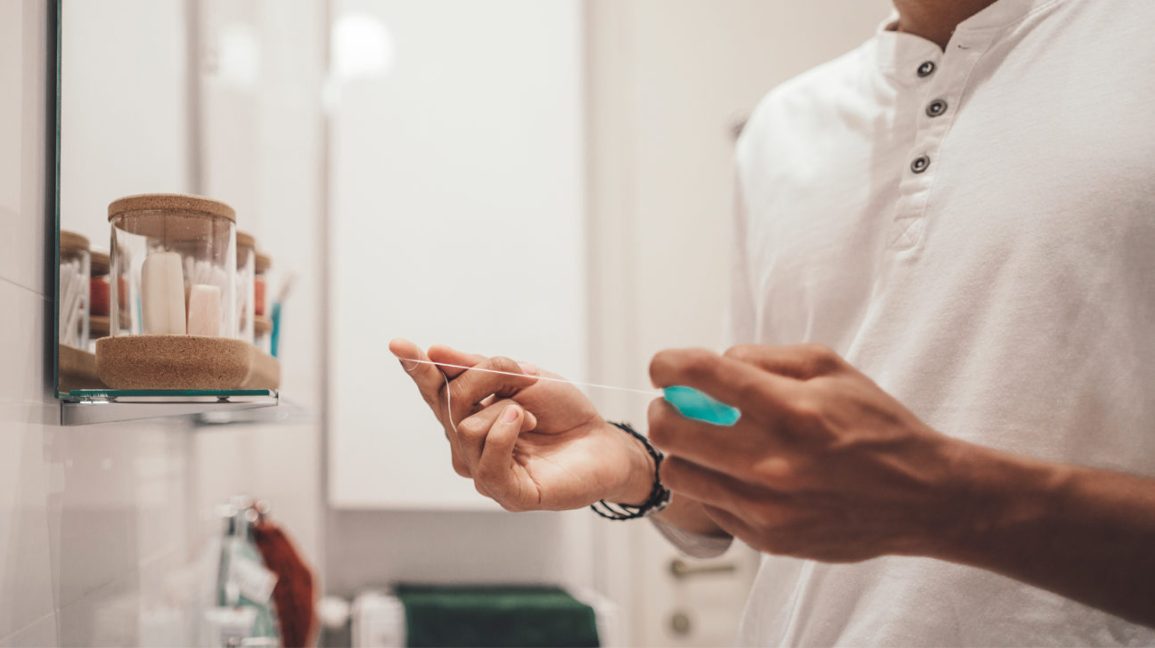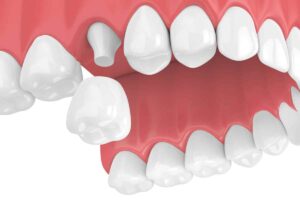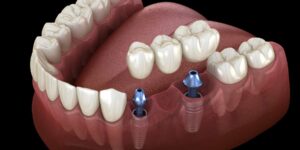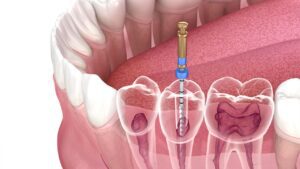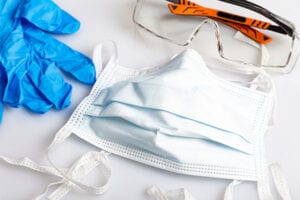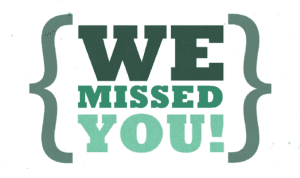Good dental hygiene might not be in the forefront of your mind in the middle of the COVID-19 pandemic. That could change quickly if you develop a painful cavity and have to make an emergency visit to our office.
Dr. Shaban’s advice is to maintain a daily routine of brushing teeth and flossing to prevent tooth decay. He advises brushing teeth twice daily and flossing once per day. If you haven’t already, make the switch to an electric toothbrush — and brush your teeth for 2 minutes. This has shown to offer the highest levels of oral hygiene, which is crucial at a time when you aren’t seeing your dentist or hygienist for cleanings and checkups.
Rinsing with a non-alcohol-based mouthwash twice a day also can help reduce plaque buildup leading to inflammation of the gums (gingivitis). “The oral microbiome is a key component of the immune system. Mouthwashes high in alcohol or toothpastes with bactericidal components in them, like triclosan or other antibacterial ingredients, can greatly disrupt the health of the oral microbiome. During this time, it’s best not to use any mouthwash or toothpaste that is meant to kill oral bacteria. Your best bet is to use a hydroxyapatite toothpaste, which is less bactericidal than fluoride but rebuilds tooth enamel equally as well.
Diet Matters
What you eat is also important.
Dr Shaban advises avoiding excessive snacking — a habit that’s all too easy to adopt when dealing with the stress and boredom inherent in self-quarantining. Starchy foods or drinks lead to acid in our mouths, which dissolves tooth surfaces. The more often our teeth are bathed in these acids, the weaker and softer they become.
Good hydration is also very important for oral health. Resist turning to unhealthy habits to manage your stress. Overindulging in smoking and drinking can be detrimental to oral health. Smoking inhibits the blood supply to your gums and increases your risk for gum infections. High exposure to alcohol can dry out the cells in your cheeks and gums. Chewing on ice, pen caps, or fingernails as a means of stress management can cause the teeth to chip or break. Dr. Shaban also recommends avoiding hard foods that can crack a tooth or damage fillings as well as popcorn, peanut brittle, and sticky candy.
Keep your toothbrush clean
Take good care of your toothbrush as it’s very sensitive for transmitting viruses. If you suspect that COVID-19 is present in your home, disinfect or replace your toothbrush. Try to keep your floss pics, brushes, and tongue cleaners covered and away from toilets. Soaking your toothbrushes in a mixture of mouthwash and hydrogen peroxide also keeps them safe.
Healthy gums can better prepare you to fight a coronavirus infection. There is established scientific evidence that the immune response in your body is closely related to the health of your gums. During a pandemic, the goal is to optimize your immune system. A healthy mouth frees the body’s immune system to fight off other intruders.
Dental care emergencies only
As COVID-19 spreads across the United States, the American Dental Association advised dental offices on March 16 to restrict their operations to emergency procedures only.
Following the ADA and CDC recommendations, Quincy High Care Dentistry is only accepting emergency appointments during the outbreak. We are keeping our phones open to give advice whether you should be seen for a dental issue. If you have sharp or throbbing pain in your teeth, gums, or mouth, you should contact us immediately. If you have any swollen areas in your mouth, on your cheeks, or under your chin, you should also contact us.
If you are experiencing fever, trouble swallowing, and trouble breathing, contact your primary care physician immediately.
What constitutes a dental emergency during COVID 19?
According to the ADA Guidelines, a dental emergency is one that is potentially life threatening and requires immediate treatment for:
- Bleeding that doesn’t stop
- Painful swelling in or around your mouth
- Pain in a tooth, teeth or jaw bone
- Gum infection with pain or swelling
- After surgery treatment (dressing change, stitch removal)
- Broken or knocked out tooth
- Denture adjustment for people receiving radiation or other treatment for cancer
- Snipping or adjusting wire of braces that hurts your cheek or gums
- Biopsy of abnormal tissue
If you believe you are experiencing a dental emergency, Please call 617-405-4524 and we will assist you with your emergency care.

